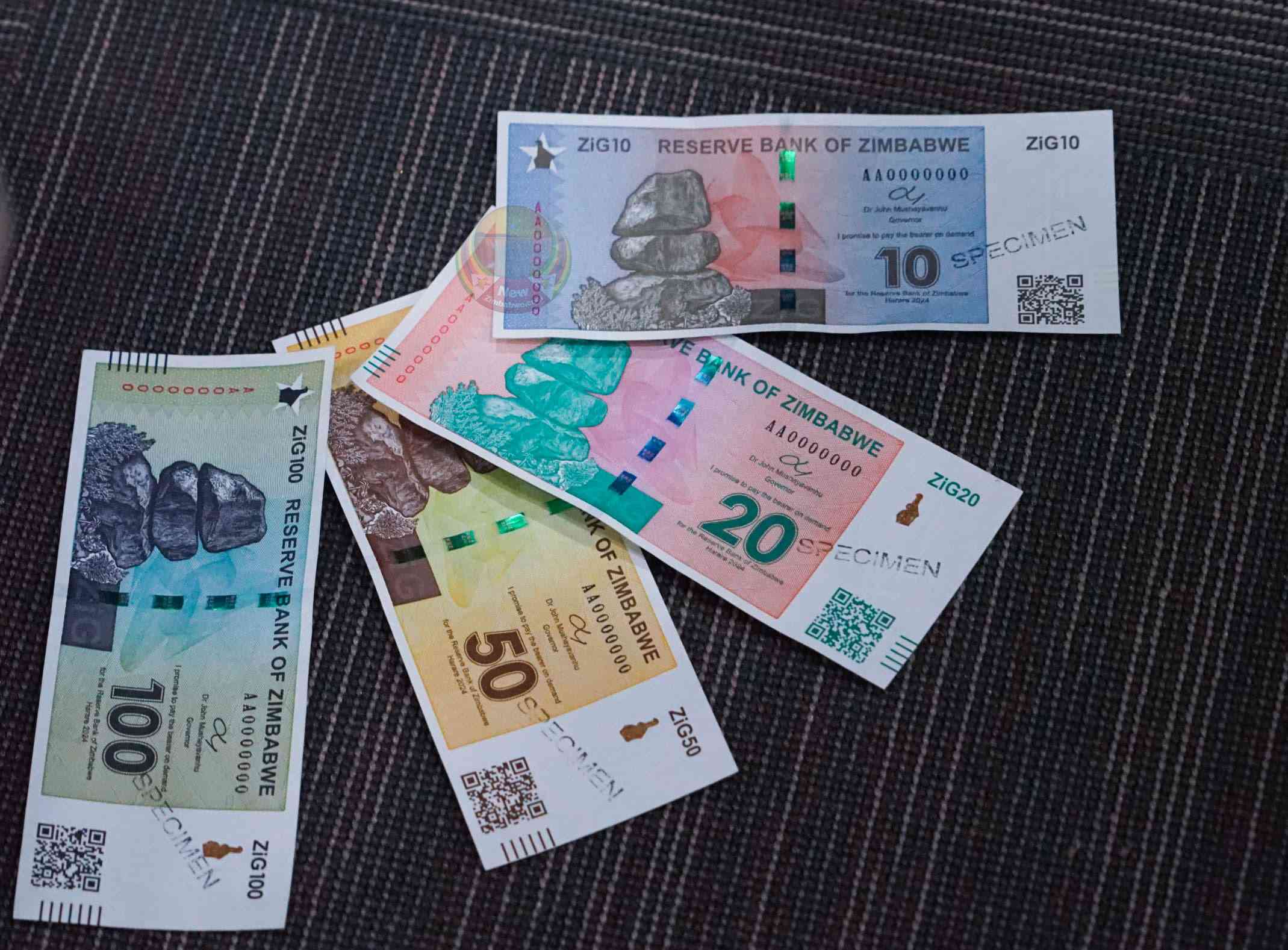
The Common Market for Eastern and Southern Africa (Comesa) says it will not intervene in resolving the impasse created by an “import ban” imposed by Zimbabwe, urging member states to engage on bilateral grounds.
BY VICTORIA MTOMBA in LIVINGSTONE, ZAMBIA
Early this month, Zimbabwe promulgated Statutory Instrument (SI) 64 of 2016, which restricts the importation of certain products, in a bid to boost local industries. The regulations stipulate that importation of such products require a permit which is given quarterly and costs $30, but after satisfying the Ministry of Industry and Commerce on why the permits should be issued.
Speaking at the third sensitisation workshop for business reporters in Livingstone yesterday, Comesa Competition Commission director and chief executive officer George Lipimile said Zimbabwe was a peculiar country and SI 64 was a remedy to the recovery of the economy.
“It’s being looked at as a trade matter, it’s an issue of respecting the economic model of each country. Zimbabwe has its own peculiar situation that they are dealing with so that is one way of remedying their economy. I tend to think it’s unlikely that Comesa will get involved. It’s an internal matter so most countries will deal with it bilaterally,” he said.
Government said SI 64 was a temporary move targeted at products coming from anywhere in the world. Industry and Commerce permanent secretary Abigail Shonhiwa said the country was aware of its regional obligations. She said the SI 64 was targeted at commercial entities not individuals as they wanted to curb flooding of imports. He said some products were landing into the country at ridiculous prices giving an example of a wheelbarrow that was brought into Zimbabwe at $1,98.
This, Shonhiwa said, killed the competitiveness of local industries.
Lipimile said Malawi, Swaziland, Seychelles and Kenya have so far signed the Memorandum of Understanding for cooperation with Comesa and that other members would have signed by year end.
- Chamisa under fire over US$120K donation
- Mavhunga puts DeMbare into Chibuku quarterfinals
- Pension funds bet on Cabora Bassa oilfields
- Councils defy govt fire tender directive
Keep Reading
“Egypt will sign next week, Zambia, Malawi and Ethiopia are expected to sign by year end. The MoU’s are a document of enforcement we don’t want them to be a decorative document,” he said.
The MoUs are an agreement with individual member states to effectively enforce regional competition law in the country’s respective jurisdictions.
Lipimile said the MoUs can be signed by competition commissions and other agencies in member states.











